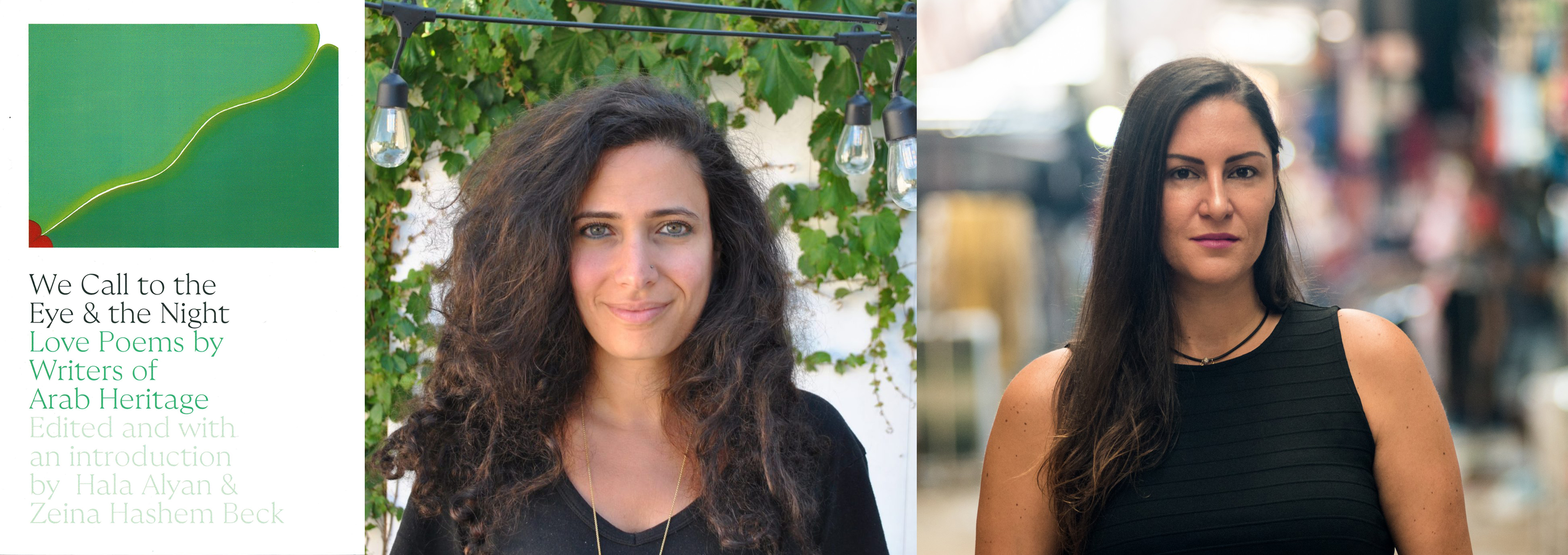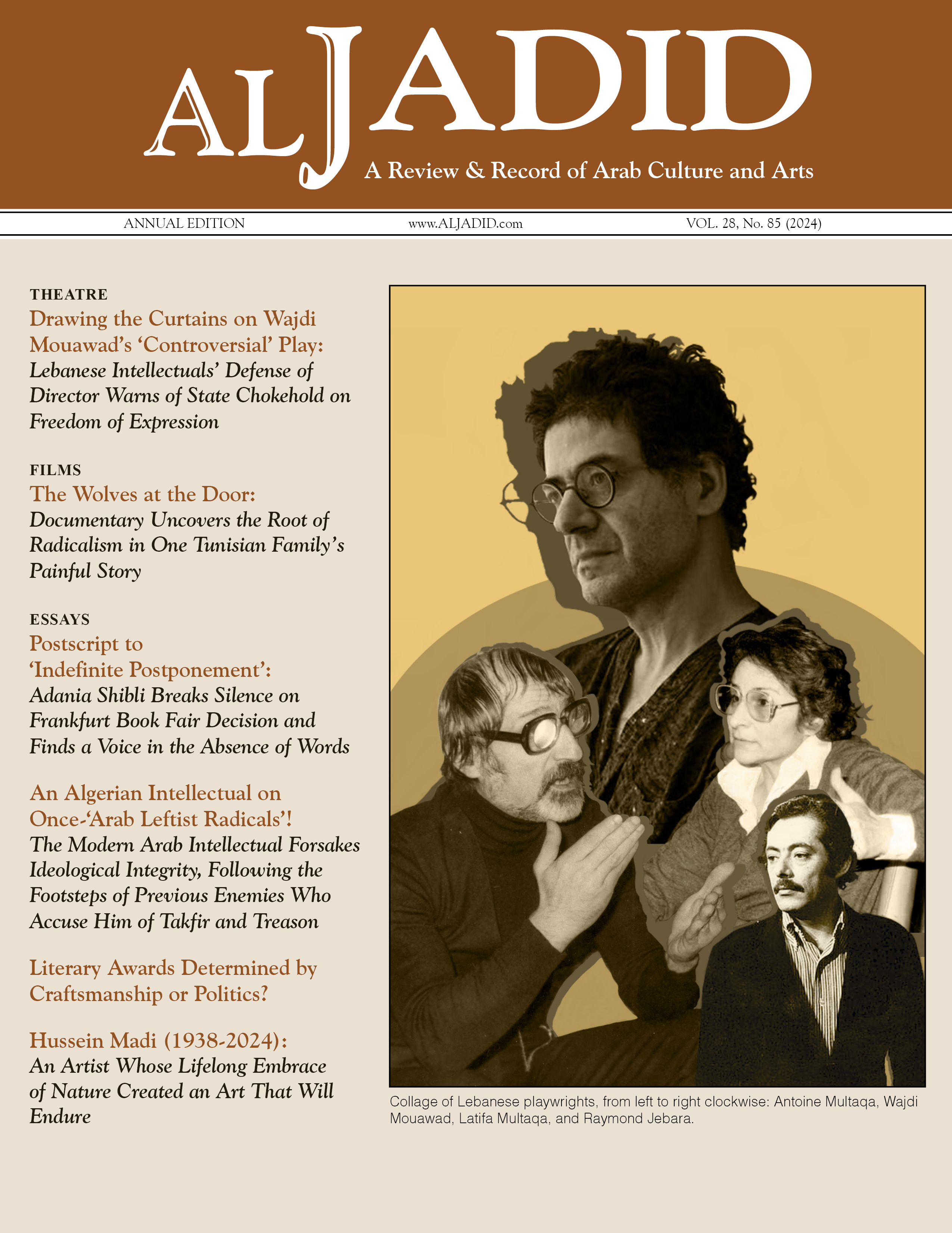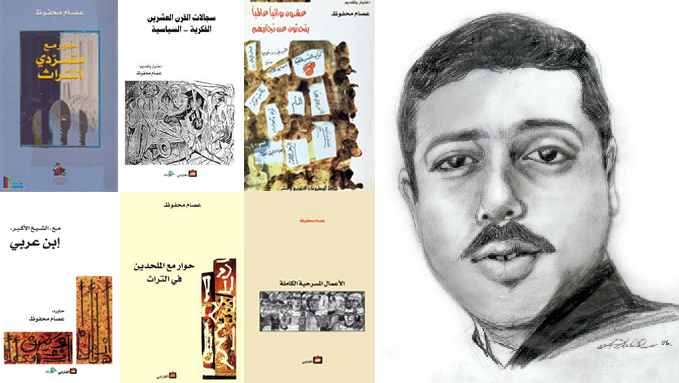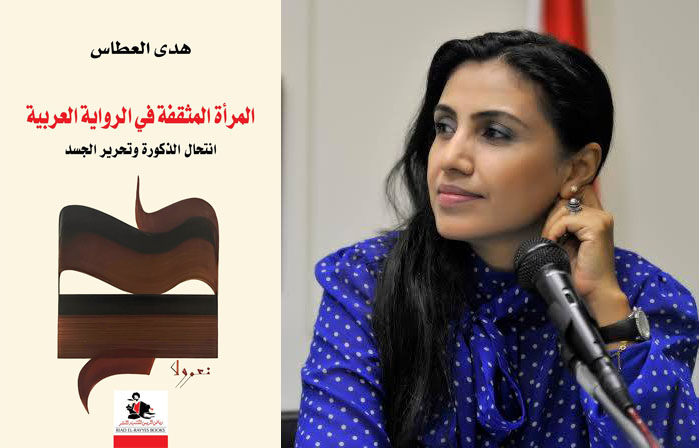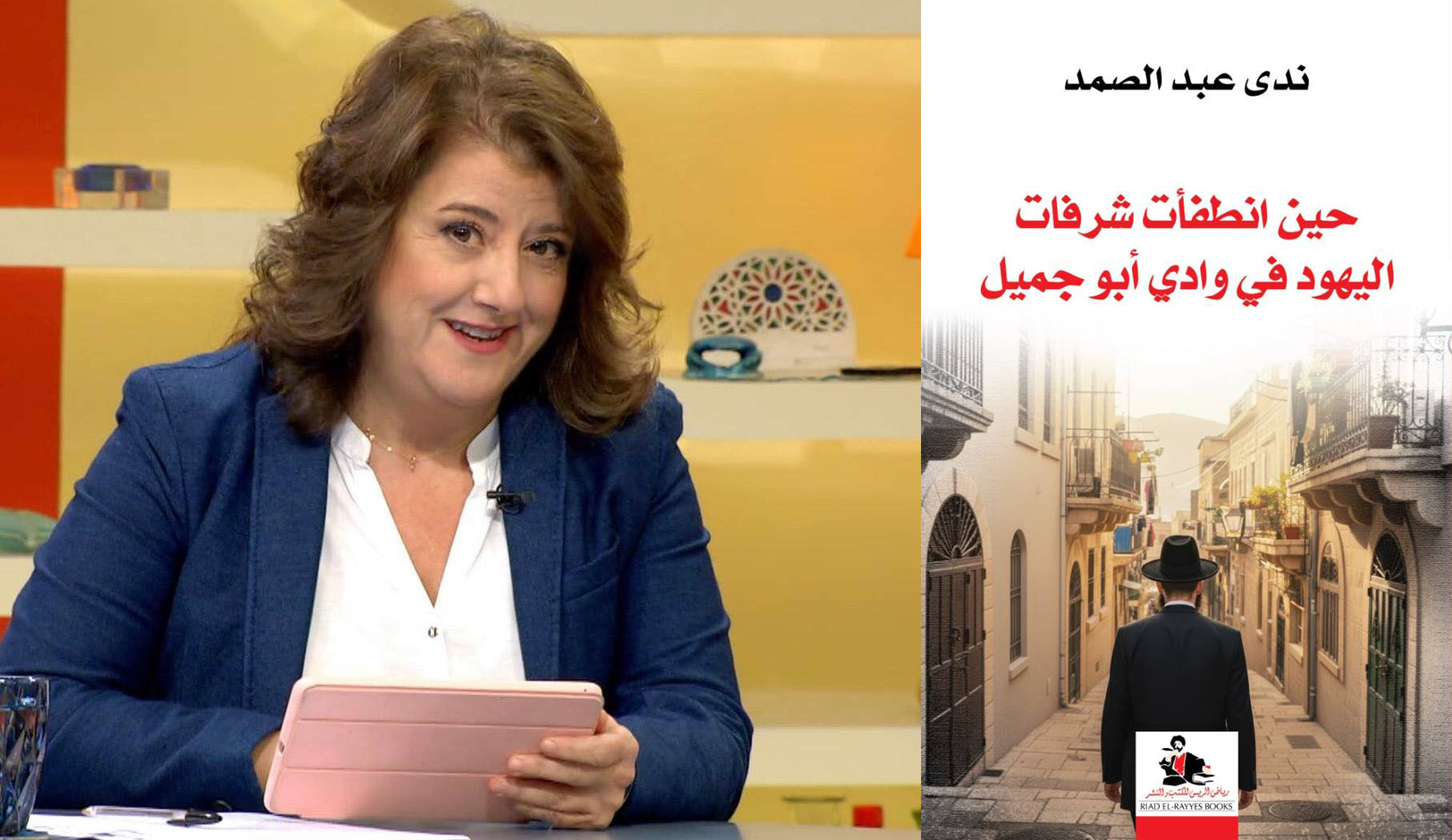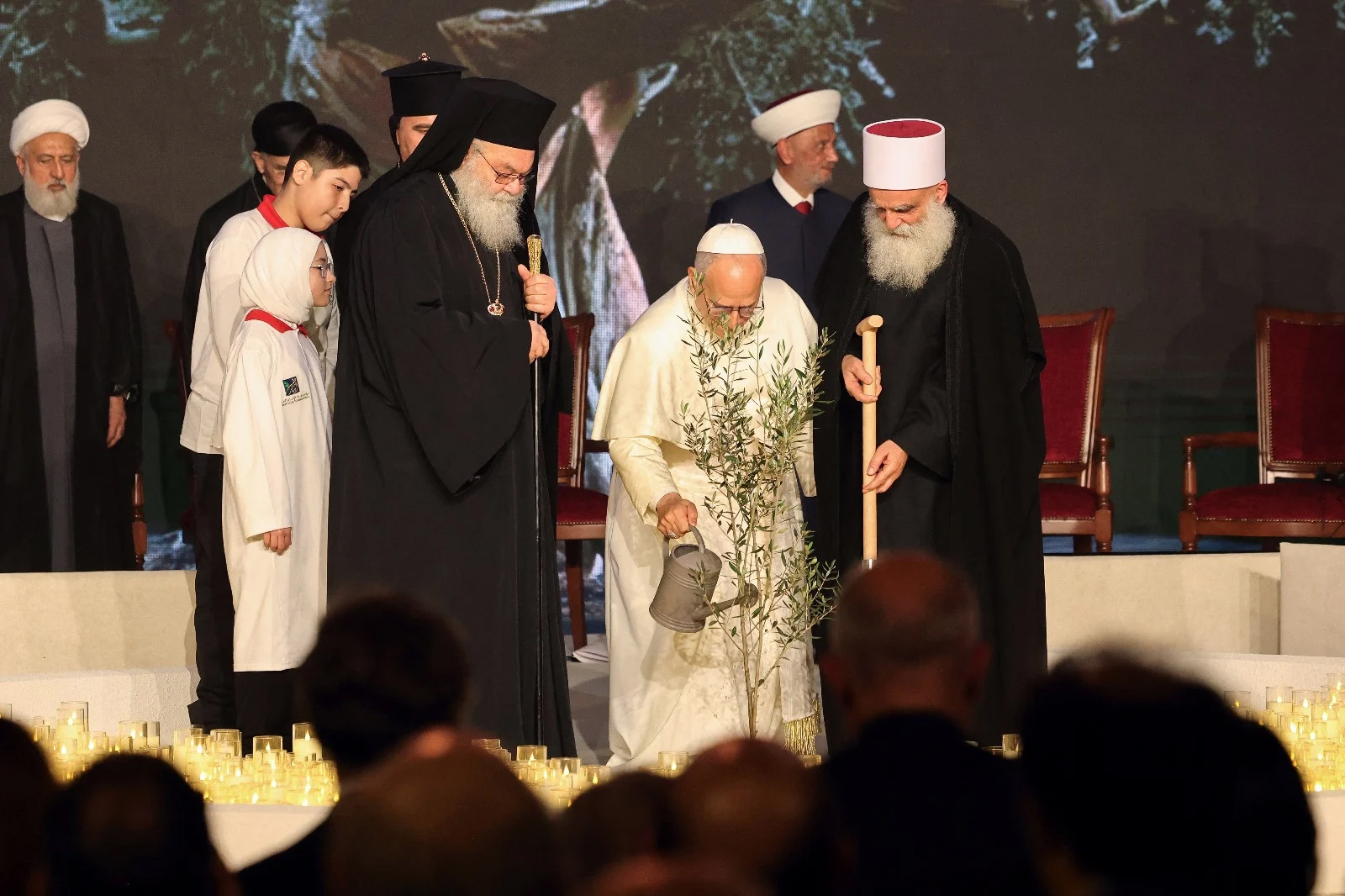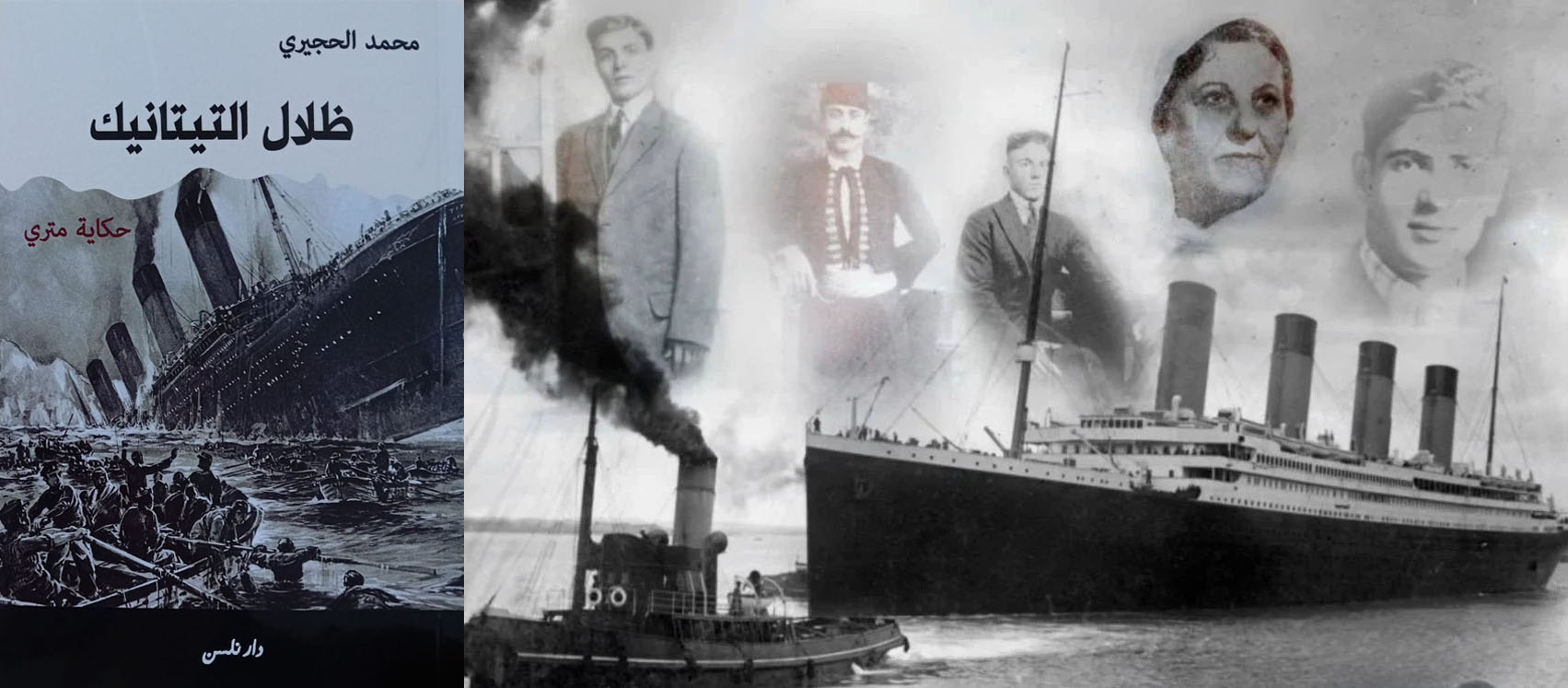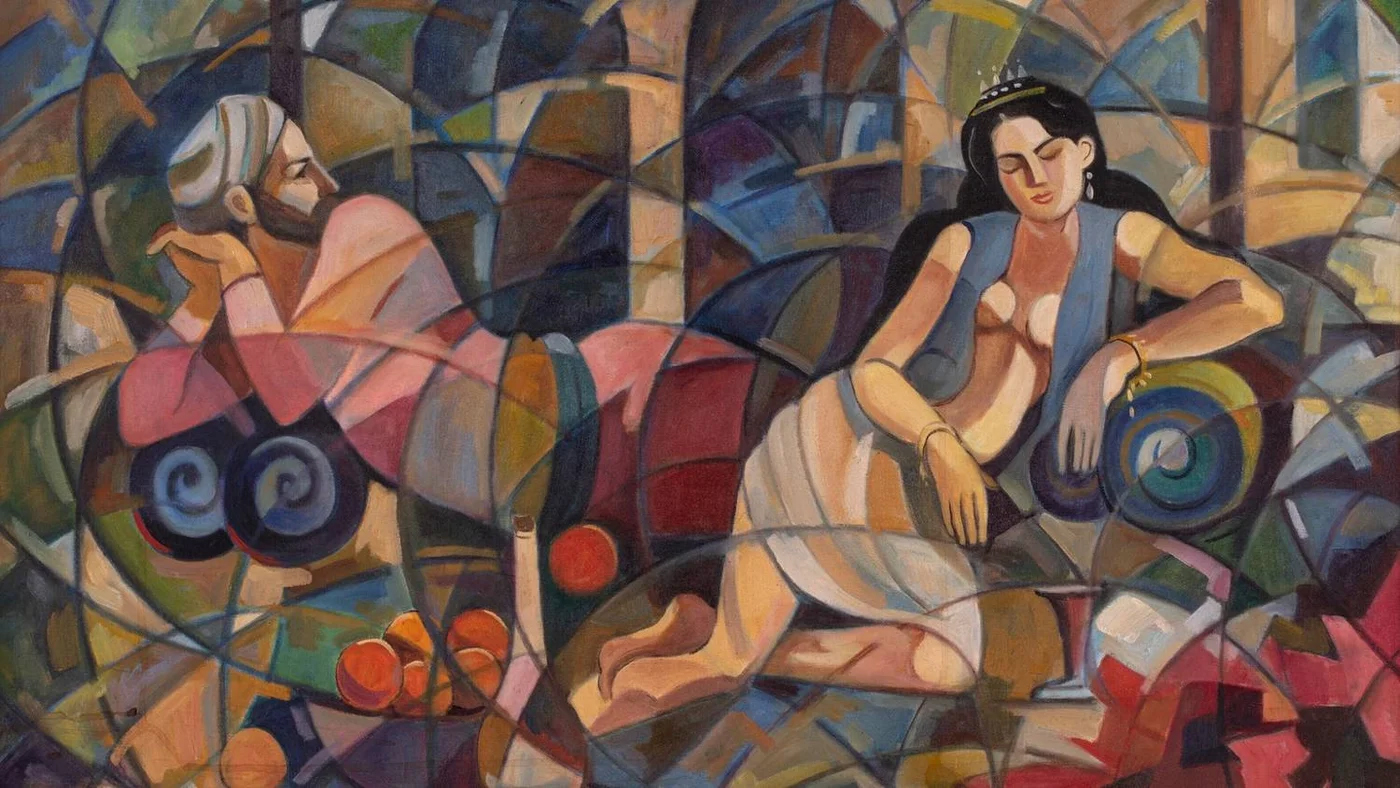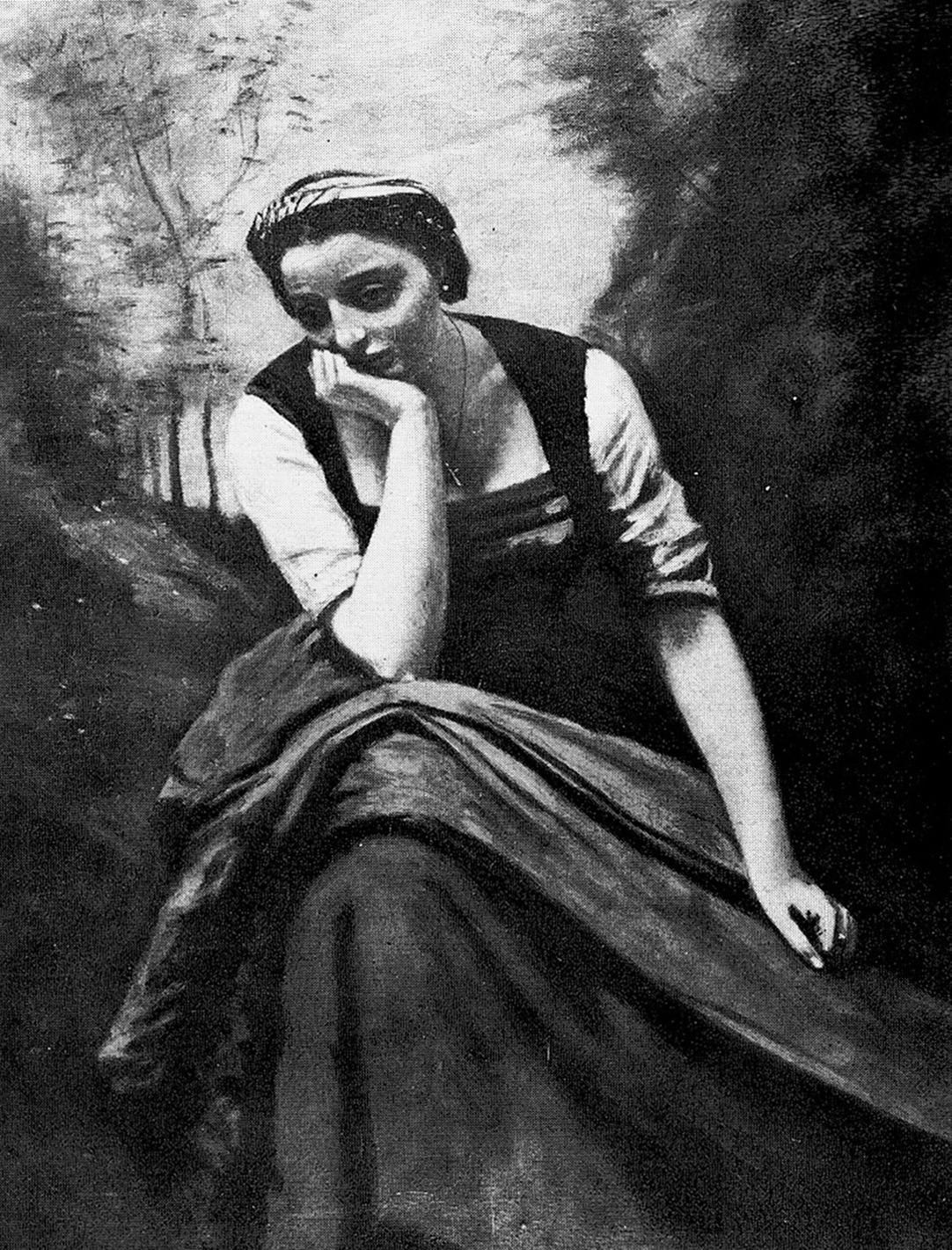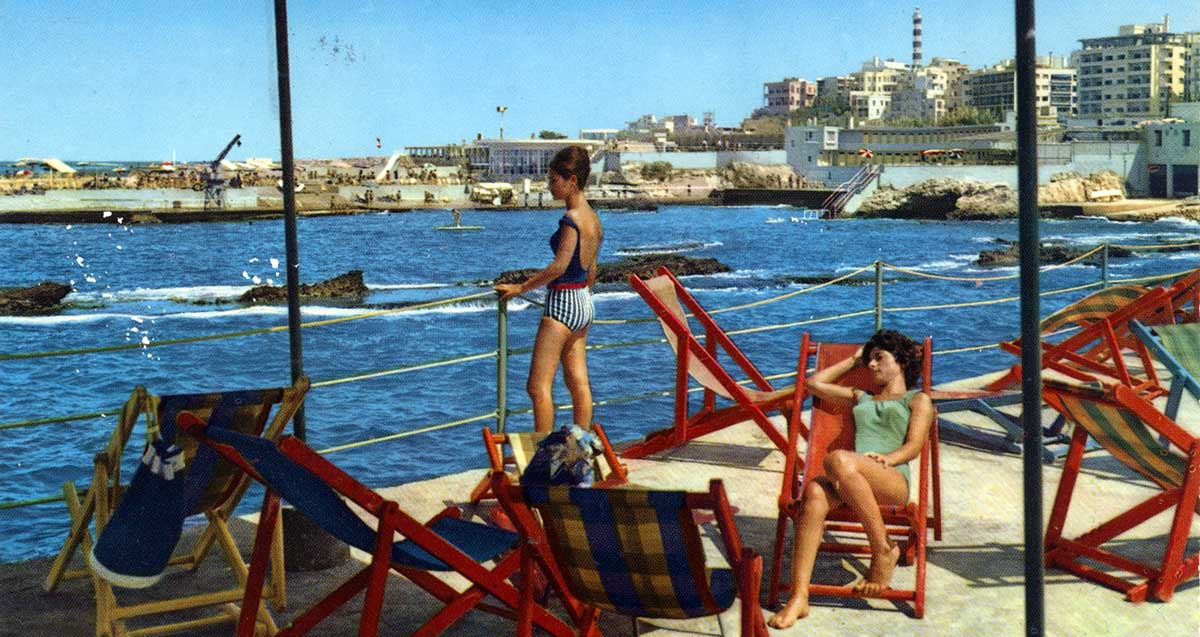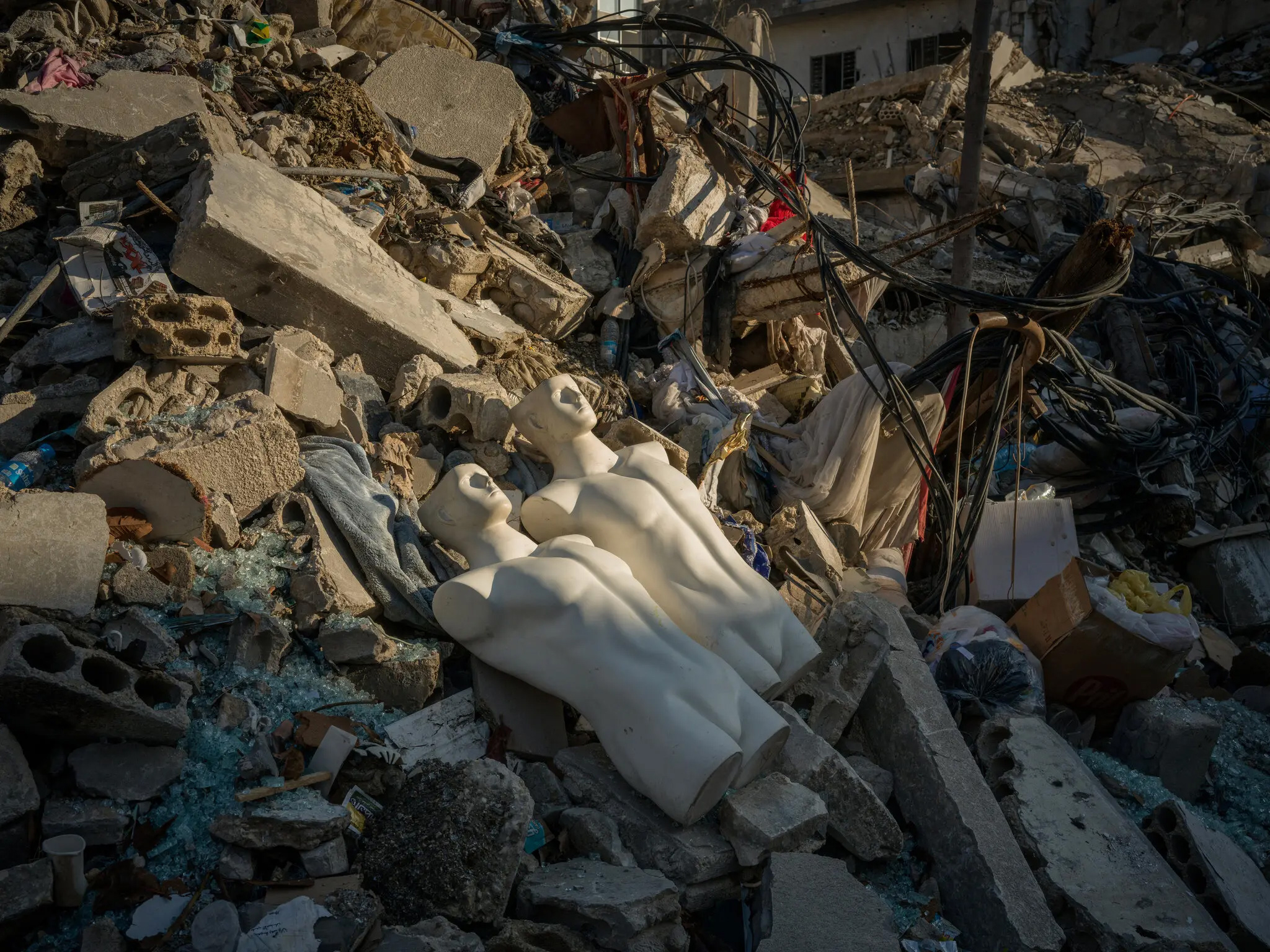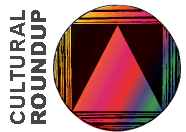
Syria’s Sectarian Strife Woven with Twisted Fortunes and Cruel Ironies
What occurred on March 6 off the Syrian coast has long been anticipated following the downfall of the Assad regime. However, it unfolded several weeks later. The accurate prediction of violence on the Syrian coast did not require exceptional foresight but was tragically Pavlovian. The defeat of Assad's forces, primarily supported by the Alawites, at the hands of Hayat Tahrir al-Sham (HTS), a Sunni Muslim-dominated group, had set the conditions for a sectarian conflict. "Syria: Fear vs.
Recent Sectarian Conflict Awakens Syrians to Imaginary and Non-imaginary Narratives About Themselves and Others
Narratives are powerful forces. When Syrians wake up after each conflict to proclaim or revive a narrative, they are, as Fadwa Abboud argues in her article "The War of Syrian Narratives" (published in Al Modon newspaper), "continuing their wars by other means." Abboud contends that Syrians are both victims and architects of the stories they tell about themselves. These narratives often evolve into tales of victimhood, shaping political and cultural growth through socialization.
With Assad’s Fall, a Syrian Blogger Finds New Freedom to Bond with Her Family
Syrian blogger Mayada Tishori illustrates the challenges Arab women face regarding their personal and political rights in a compelling essay, “My Country Was Liberated… and Now It’s My Turn,” written in Arabic for the online Lebanese newspaper Al Modon.
Restoring Lebanon’s Former Glory from the Clutches of ‘Dante’s Hell’: The Key to the Future Lies in the Present, Not Past
Lebanon stands on the precipice of change with its election of a president independent of the corrupt old elite and the nomination of a reformist prime minister-designate. These tides of change usher in a new wave of enthusiasm and even optimistic euphoria among some, as expressed by many intellectuals, both Lebanese and Arab. The Algerian novelist Amin Zaoui stands out among some of these optimistic intellectuals, recalling Beirut’s ‘golden years’ of the 1950s, 1960s, and part of the 1970s.
Reality Check: A Newly Elected Administration Navigates Lebanon's Oligarchy to Address Reforms and Reconstruction
Lebanon has recently elected a president, and the immediate response might be, “So what?” On top of this, the parliament also chose its prime minister-designate. The difference between the level of news from Syria last month and Lebanon this month sounds almost incomparable. At least regarding Syria, the fact that Bashar al-Assad is no longer the country's leader while the incumbent has not yet been elected still maintains an element of surprise for the future.
Reflecting on Yara Nahle's 'In the Presence of Rubble'
Yara Nahle, a Lebanese writer, begins her blog with the image of the ‘angel of history,’ described by the German philosopher Walter Benjamin (1892-1940) as a figure who “sees only one catastrophe, a pile of rubble before his feet." For Benjamin, history is not a continuous progression toward the future but a pile of ruins accumulated by wars, conflicts, and disasters.
"Ruins" has more meaning for Benjamin than its literal definition, which combines rubb
A Baalbek-Native Artist Reflects on the ‘Air Monsters’ Threatening His Hometown
“Voices That Speak Over the Rubble: Intellectuals Reflect on Lebanon’s War From Above, Below, and Within,” a unique feature to be published in Al Jadid’s forthcoming annual edition (Vol. 28, No. 85, 2014), compiles the compelling, powerful, and heart-wrenching accounts of those directly experiencing the ruination caused by Israel’s war against Lebanon. Among the several stories are two articles by the artist and engineer Mohamed Charaf.

